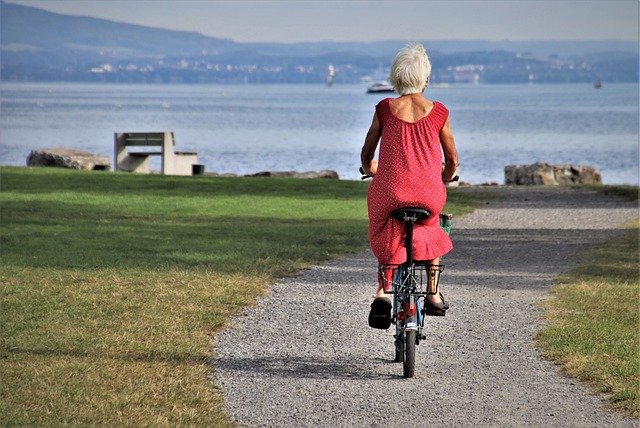No matter what you do throughout your life, we all age. Your body and mind may start to not be what it used to be. You can do all the right things throughout your life but that will not change the fact that you will age. But as you age, there are things that you can be doing to keep your body and mind healthy through the process. If you have a loved one that is doing these things, they still may need a little help. A great option is to hire The Gables in-home care to come to your loved ones’ homes while they are in the comfort of their own home. Below are some of the things that can help the health of your elderly loved one.
Staying Active
Staying active is important for seniors, as it can help to improve cardiovascular health, maintain bone density, and reduce the risk of falls. Aim for at least 30 minutes of moderate-intensity exercise on most days of the week. This could include activities like walking, swimming, or doing chair exercises. It’s important to choose activities that you enjoy, as this will make it more likely that you’ll stick with them. If you have any health concerns or limitations, be sure to consult with your healthcare provider before starting a new exercise routine. They can help you determine what types of activities are safe and appropriate for you. Regular physical activity can help seniors maintain their independence and quality of life, so it’s worth making it a priority.
Also read: MANAGING ORAL THRUSH AT HOME JUST GOT EASIER!
Eating Healthy
Eating a healthy diet is important for seniors, as it can help to maintain a healthy weight, keep energy levels up, and support overall health. Aim for a diet that is rich in fruits, vegetables, whole grains, and lean proteins. These types of foods provide essential nutrients and can help to reduce the risk of chronic conditions such as heart disease, diabetes, and cancer. It’s also important to limit your intake of processed and sugary foods, as these can contribute to weight gain and other health issues. Staying hydrated is also important for seniors, so be sure to drink plenty of water throughout the day. It’s a good idea to speak with a healthcare provider or a registered dietitian to determine the specific nutritional needs and recommendations for your age and health status. They can help you develop a healthy eating plan that meets your individual needs.
Also read:
Get Enough Sleep
Adequate sleep is essential for good health, and seniors may need slightly more sleep than younger adults. Aim for 7-9 hours of sleep per night, and establish a consistent sleep routine to help you get a good night’s rest. This may include going to bed and waking up at the same time every day, creating a relaxing bedtime routine, and keeping your bedroom dark, quiet, and cool. Avoid screens (such as televisions, smartphones, and computers) for at least an hour before bed, as the blue light they emit can disrupt your natural sleep cycle. If you have trouble falling asleep or staying asleep, try relaxation techniques such as deep breathing or meditation, or speak with a healthcare provider for advice. Getting enough sleep can help seniors feel rested and energized, and can also support overall health and well-being.
